The role of sustainability in Pop-Up Events
In recent years, sustainability has become a crucial topic across industries, and the event industry is no exception. As we witness the growing concerns about environmental impact, it’s essential to examine how sustainability can be integrated into the planning and execution of temporary events, such as pop-up stores, workshops, and meetings.
In this article, we’ll delve into the significance of adopting sustainable practices in every aspect of event management.
Temporary events, while exciting and dynamic, often generate significant amounts of waste and consume valuable resources. From the materials used for construction and decoration to the energy required to power the event, there’s a considerable environmental footprint associated with these activities. However, by prioritizing sustainability, event organizers have the opportunity to minimize this impact and contribute positively to the planet.
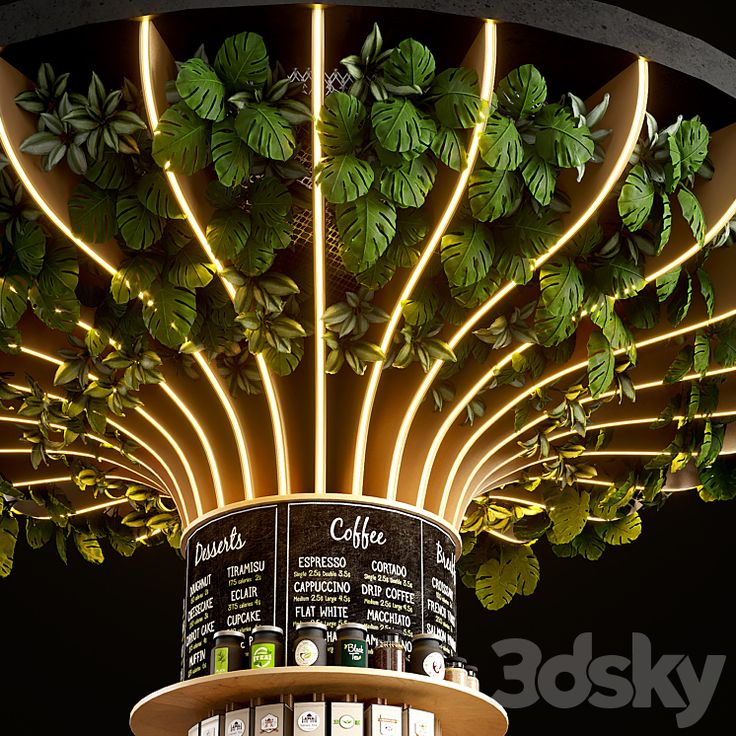
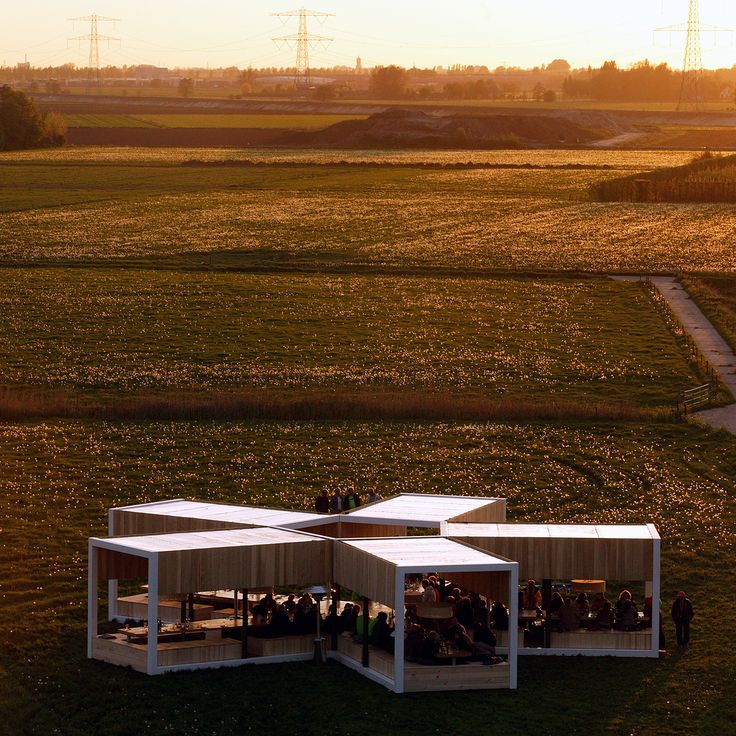

Imagine hosting a pop-up event that not only captivates your audience but also aligns with their values of environmental responsibility. By incorporating sustainable practices into your event planning, you not only demonstrate your commitment to the planet but also appeal to a growing segment of consumers who prioritize eco-conscious brands. Additionally, adopting sustainable measures can lead to cost savings and enhance your brand’s reputation as a socially responsible entity.



Now that we understand the importance of sustainability in temporary events, let’s explore practical steps that event organizers can take to integrate eco-friendly practices into their planning and execution:
✹ Choose Sustainable Materials:
Opt for environmentally friendly materials for construction, signage, and decor. Use recycled or upcycled materials whenever possible, and prioritize items that can be reused or recycled after the event.
✹ Minimize Energy Consumption:
Utilize energy-efficient lighting and appliances to reduce electricity usage during the event. Consider alternative energy sources such as solar or wind power if feasible.
✹ Reduce Single-Use Plastics:
Avoid single-use plastics such as disposable utensils, cups, and packaging. Instead, opt for biodegradable or compostable alternatives, or encourage attendees to bring their reusable items.
✹ Implement Waste Management Strategies
Set up clearly labeled recycling and composting stations to encourage proper waste separation. Work with vendors to minimize packaging waste, and donate leftover materials to local charities or recycling facilities.
✹ Promote Sustainable Transportation
Encourage attendees to use public transportation, carpooling, or cycling to reduce carbon emissions associated with travel to the event. Provide incentives for eco-friendly transportation options, such as discounted entry or special perks.


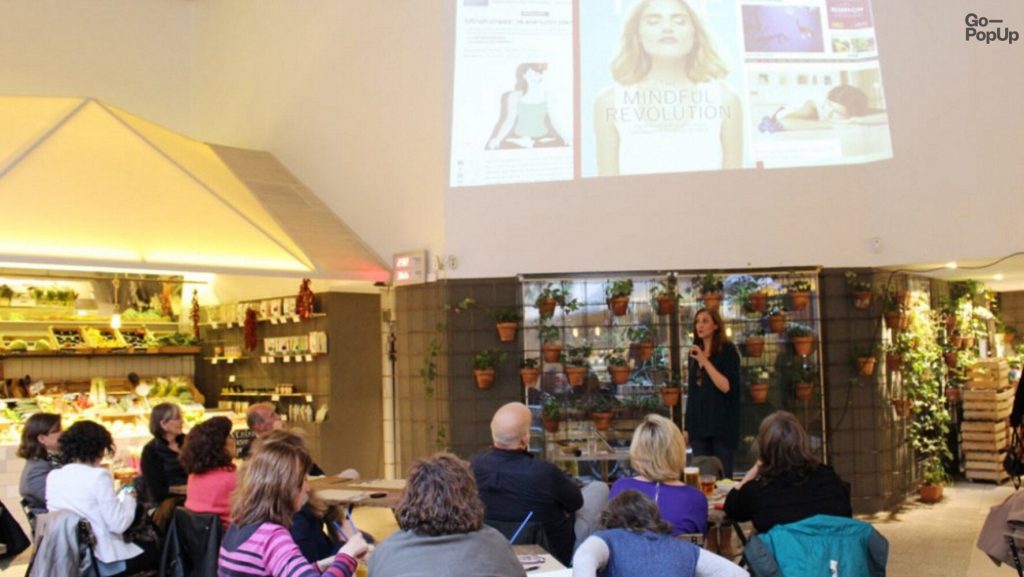
By implementing these measures and raising awareness about the importance of sustainability, event organizers can lead by example and inspire positive change within the industry. Together, we can create memorable experiences while minimizing our environmental impact and building a more sustainable future for generations to come.
SELECTION OF GO-POPUP SPACES
⇩
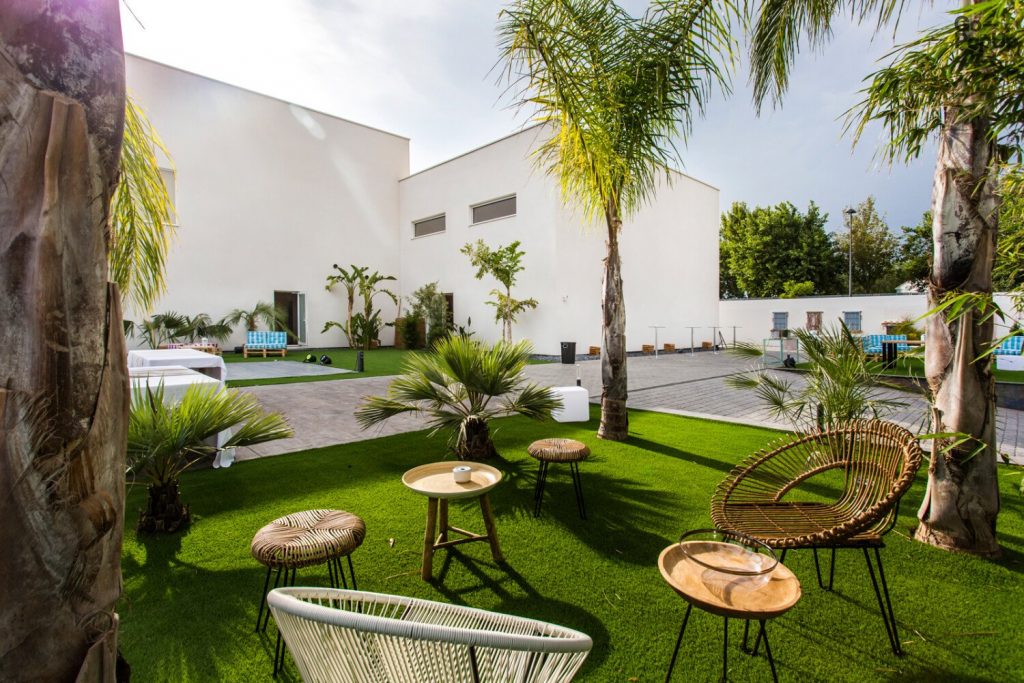
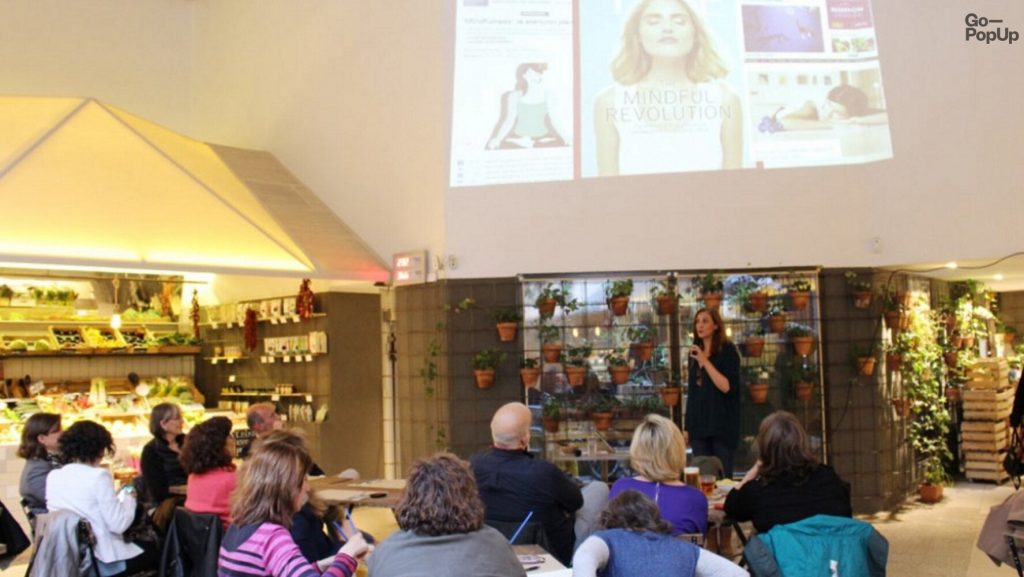
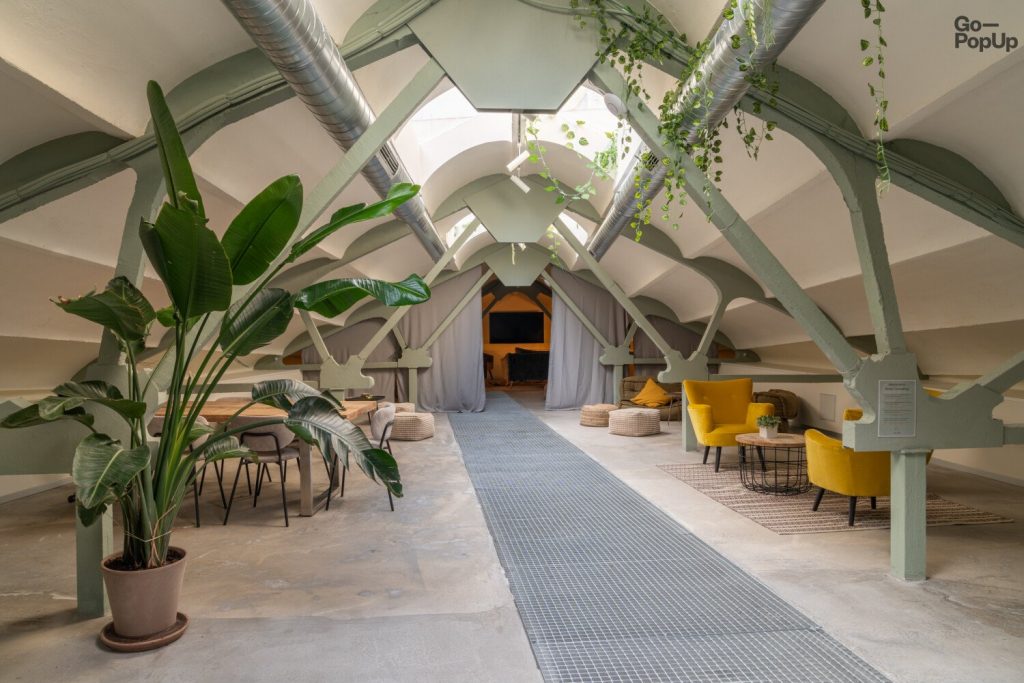
In conclusion, sustainability is no longer a choice but a necessity in the event industry. By integrating eco-friendly practices into the planning and execution of temporary events, we can reduce waste, conserve resources, and contribute to a healthier planet. Let’s commit to making sustainability a priority in every aspect of event management, ensuring that our events not only leave a lasting impression but also leave behind a positive legacy for future generations.
For any further inquiries, don´t hesitate to contact us at” hello@gopopup.com




